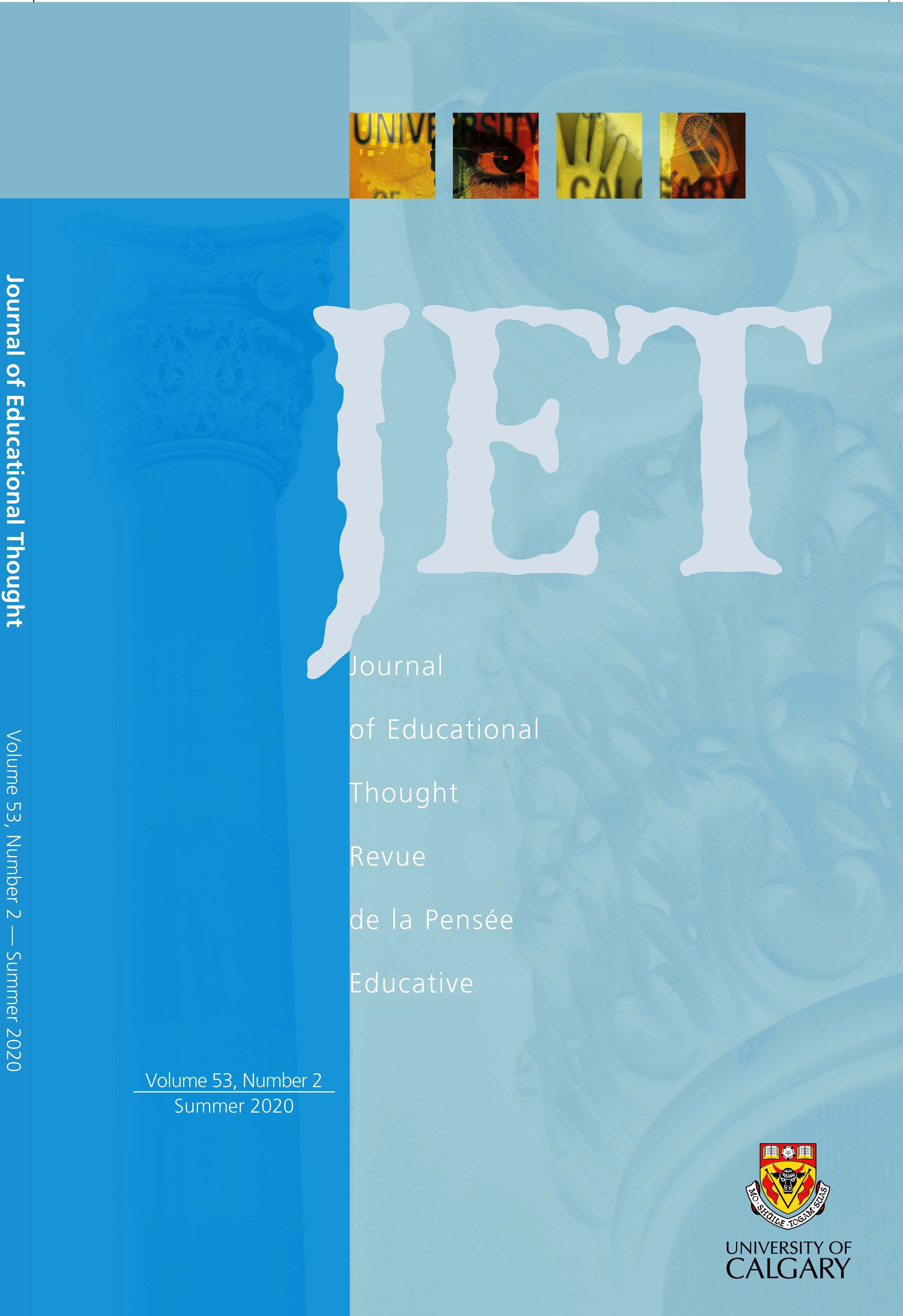Critical Pedagogy and Sufi Tradition:A Comparative Study of Freire’s and Rumi’s Pedagogical Approaches
DOI:
https://doi.org/10.55016/ojs/jet.v53i2.71720Abstract
ABSTRACT: Critical pedagogy thinkers (e.g. Paulo Freire) critique the dominant education systems for what is known as reproducing inequality and oppression in society. They propose a kind of educational system aiming to help learners critically understand their socio-historical condition to gain confidence and be active agents in history. Undoubtedly, realizing the pitfalls of formal education is not unique to Paulo Freire. Similarly, Jalaluddin Muhammad Rumi, a thirteenth-century Sufi poet, repudiated the formal madrasa education and called for emancipatory knowledge to help people liberate themselves. Considering the differences both thinkers might have on the subject, this paper attempts to bring them into a dialogue on the subject of ‘emancipatory knowledge’. It concludes that Freire’s idea of critical pedagogy acknowledges the wider social structure perpetuating oppression, while Rumi’s focus is on personalized internal barriers preventing liberation while overlooking the role of social structure outside.
Downloads
Published
Issue
Section
License
The Journal of Educational Thought retains first publication rights for all articles. The Journal grants reproduction rights for noncommercial educational purposes with the provision that full acknowledgement of the work’s source be noted on each copy. The Journal will redirect to the appropriate authors any inquiries for further commercial publication of individual articles. All authors wishing to publish in JET will be asked to fill in and sign a Consent to Publish and Transfer of Copyright agreement.
Authors must affirm that any submission to JET has not been and will not be published or submitted elsewhere while under considration by JET.

